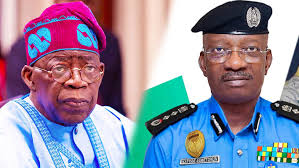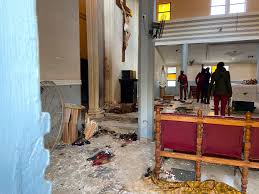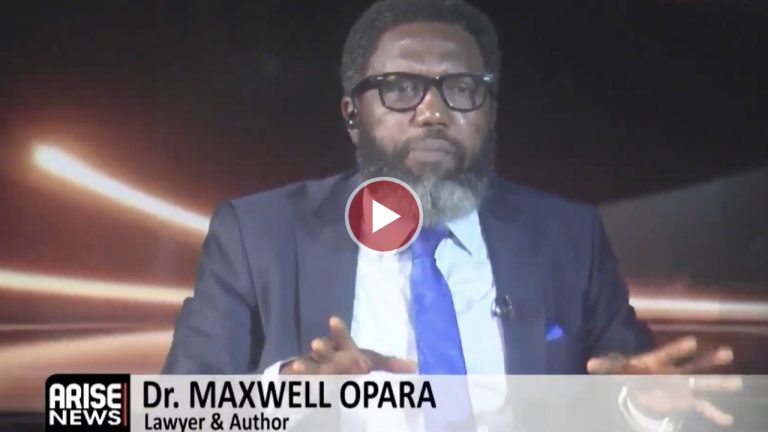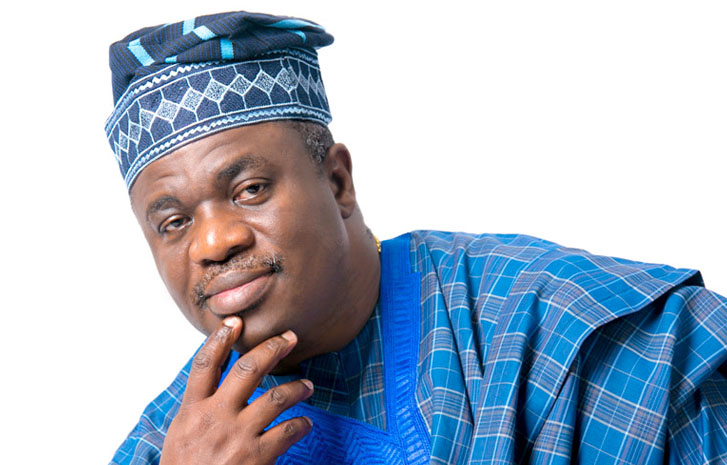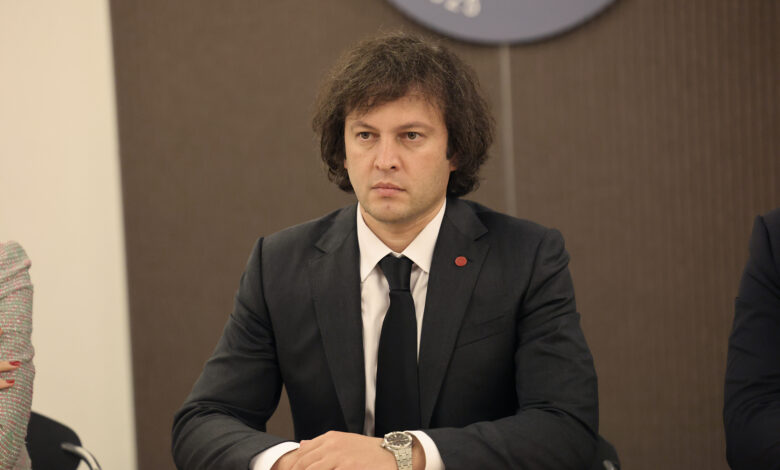
Georgian Prime Minister Irakli Kobakhidze has accused the European Union of interfering in the country’s domestic affairs after protesters attempted to storm the presidential palace in Tbilisi on Saturday night. The prime minister described the demonstration as an “attempt to overthrow the constitutional order,” alleging that foreign actors, including the EU, supported the unrest.
Riot police dispersed thousands of protesters gathered outside the palace using water cannons and pepper spray, detaining five activists during the confrontation. The protests coincided with local elections across the South Caucasus nation, which the ruling Georgian Dream party later claimed to have won in all municipalities.
On Sunday, the State Security Service announced the discovery of a large cache of weapons, ammunition, explosives, and a detonator in a forest near Tbilisi. Authorities said the arms were intended for “subversive acts” during the rally and alleged that they had been purchased by a Georgian citizen on the orders of another Georgian fighting in Ukraine.
Kobakhidze, addressing reporters on Sunday, said around 7,000 people had taken part in the rally and accused the EU Ambassador to Georgia, Paweł Herczyński, of backing the protest movement.
“Specific people from abroad have even expressed direct support for the announced attempt to overthrow the constitutional order,” Kobakhidze said, adding that Ambassador Herczyński “bears special responsibility” and should publicly condemn the demonstrations.
The European Union swiftly rejected the allegations. In a joint statement, EU foreign policy chief Kaja Kallas and European Commissioner for Enlargement Marta Kops dismissed what they described as “disinformation regarding the EU’s role in Georgia” and condemned the “personal attacks” against the EU ambassador.
The bloc further criticised Georgia’s political climate, saying Saturday’s municipal elections occurred “amid a period of extensive crackdown on dissent,” and urged all parties to refrain from violence.
Saturday’s unrest marks the latest escalation in Georgia’s ongoing political crisis. The opposition, which boycotted the elections, has been staging protests since October last year, accusing the Georgian Dream party of election fraud and authoritarianism—charges the ruling party denies.
Once considered one of the most pro-Western nations to emerge from the collapse of the Soviet Union, Georgia’s relationship with the EU has soured since Russia’s invasion of Ukraine in 2022. Critics accuse the government of drifting closer to Moscow while suppressing dissent at home.
With tensions high and accusations flying between Tbilisi and Brussels, Georgia now faces one of its most severe tests since its independence—balancing internal stability with its long-standing aspirations for closer ties to the West.
Melissa Enoch
